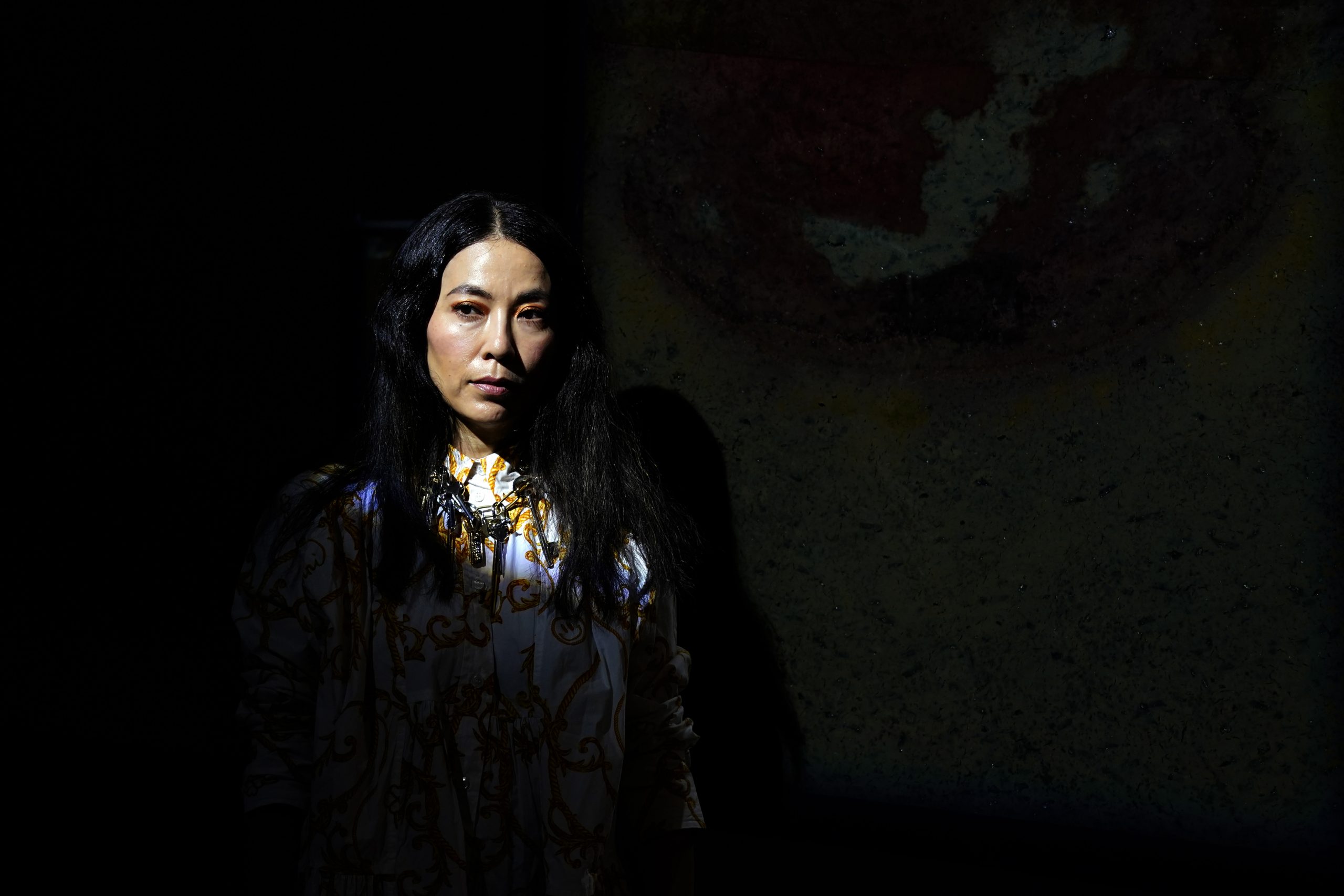
“In the last few years, I’ve been keeping company with a new species that happens to live in the air,” said artist Anicka Yi at the opening of her recent TED Talk, “and I’d like you all to meet my aerobe friend.”
In the video, Yi gestures to a helium-filled balloon, gently propelled by rotors, floating over the stage next to her. The talk, which is just shy of 10 minutes and currently has more than 300,000 views, comes on the heels of Yi’s exhibition “Metaspore” at Italy’s Pierelli HangarBicocca, a sprawling look at the artist’s interdisciplinary practice involving bacterial ecosystems and other microbial matter.
Yi’s Ted Talk explores the themes that Yi addressed in her Turbine Hall commission at Tate Modern last year, titled “Anicka Yi: In Love With the World.” She said she wanted to create what she calls an “aquarium of machines” by releasing 12 aerobes into the cavernous space.
Yi worked with a team to create machines inspired by natural forms like the comb jellyfish and the lion’s mane mushroom, while also investigating the field of soft robotics in order to imbue the aerobes with artificial life simulation, software that allows the machines to respond autonomously to their environment and to evolve their personalities based on experiential factors.
Installation view of “Anicka Yi, In Love With the World,” Tate Modern. Photo by Joe Humphrys, courtesy Tate.
“When you look at these aerobes, it gives you the feeling almost opposite to the uncanny valley,” Yi said, referring to the phenomenon in which people experience emotions of fear and even revulsion when confronted by humanoid robots. “You know that they’re mechanical, yet they feel palpably alive. You feel like you might be next to some majestic and remote life-form.” She compares the experience to swimming alongside a humpback whale: “Their size is imposing … yet they inspire an emotion closer to awe than to fear.”
Yi’s work is an attempt to change the conversation about the future of machine learning and advanced technologies. “Machines don’t necessarily have to serve us or scare us in order to coexist with us,” she said. “I sincerely hope that you’ll consider that machines can be so much more than what we’ve known, and how they might embody a wisdom drawn from biology.”
Watch the full video below.